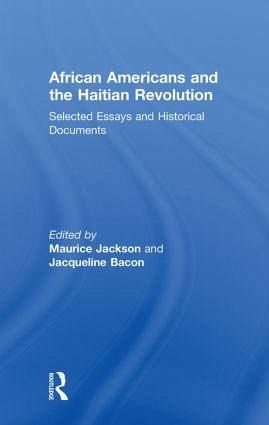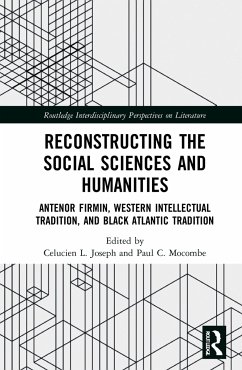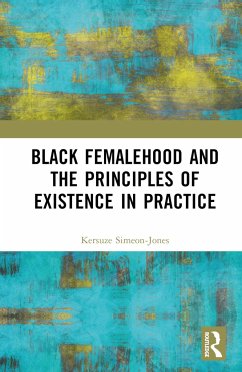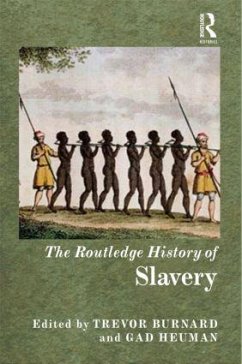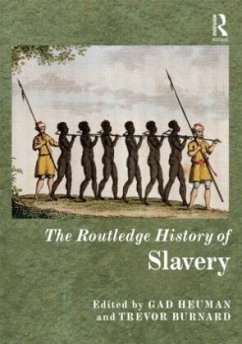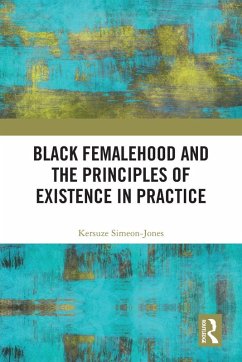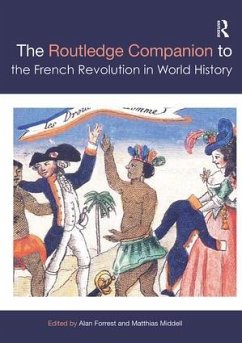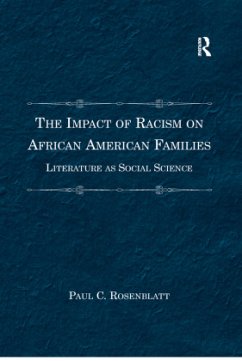"This is a timely and enterprising collection that answers a growing need to set African American history in a broader international context. It combines essays that are diverse in approach with a wide-ranging selection of documents."
- David Patrick Geggus, co-editor of The World of the Haitian Revolution
"The chapters and documents presented in this edited volume deliver the goods in rich abundance as promised in its title, through deeply probing exploration of important connections between people of African descent in the United States of America and the history and legacy of the Haitian Revolution. The central significance of that upheaval, when slaves freed
themselves in the Caribbean, cannot be overstated for its wide range of impact on the consciousness of enslaved and oppressed blacks in America.
African Americans and the Haitian Revolution offers fresh insight and opens up many windows into the role of the historically fascinating and extremely complex world of the Haitian Revolution in shaping the African diaspora."
- David Barry Gaspar, author of A Turbulent Time: The French Revolution and the Greater Caribbean
"Amidst a spate of exciting new work on U.S. perceptions of the Haitian Revolution, this work stands out - not simply for the novelty and quality of the scholarship it contains, but also for its efficacy for the classroom. Here, first-rate historical analysis combines with excellent historical editing to offer students the single best volume that can be found on its topic. Highly recommended."
- Patrick Rael, author of African-American Activism before the Civil War: A Reader on the Freedom Struggle in the Antebellum North
"These essays and case-studies presented as a collection are so compelling because stylistically mirroring the historical ebb and flow of ideas across 'porous borders', the works in this volume converse with each other. They present a variety of evidence which unarguably attests to the enduring influence which Haiti has and continues to have on the actions and consciousness of African-Americans. ... What is abundantly clear through the chronologically wide-ranging array of evidence presented in this volume, is that Haiti's revolution and its aftermath have been undeniably key in African-American's: recognition of their own potential and; galvanising themselves and their community to act in creating both material freedoms and continuing to inspire freedoms of mind."
-
Wendy Asquith, University of Liverpool
